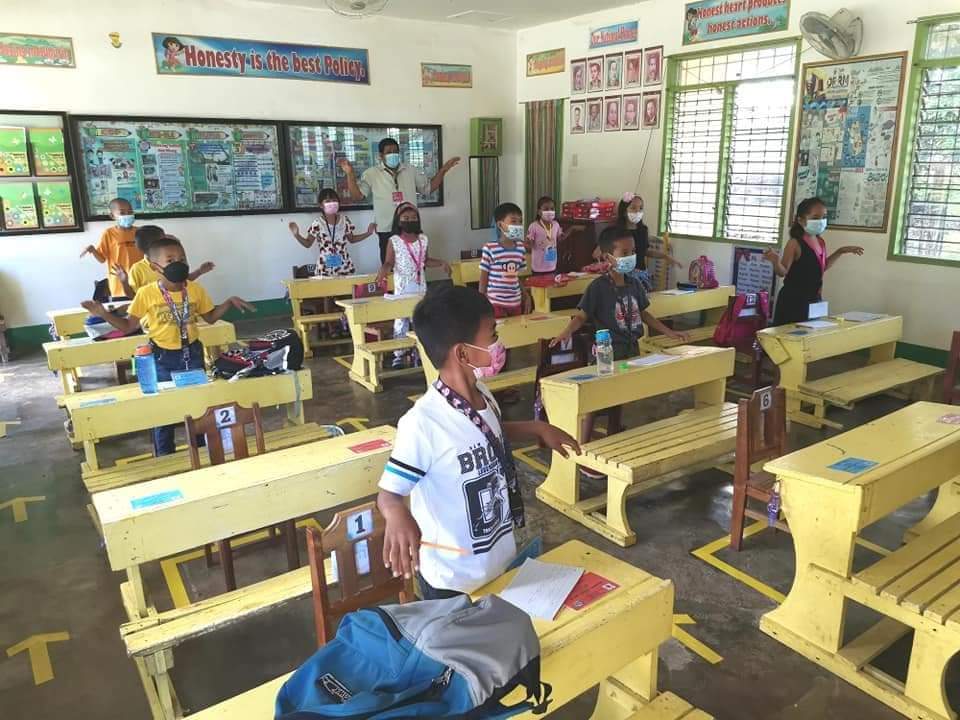News
Gatchalian reiterates call for new learning recovery program

MANILA – Amid the gradual resumption of in-person learning nationwide, Senator Sherwin Gatchalian on Sunday reiterated the need to implement a learning recovery program to address the impact of prolonged school closures due to the coronavirus disease (Covid-19) pandemic.
In a recent press briefing, the Department of Education (DepEd) bared its proposed strategies and timeline for implementing learning recovery. The DepEd’s plan is anchored on learning remediation and intervention; health, safety, and wellness; and professional development.
Under Gatchalian’s Senate Bill No. 2355 filed in 2021, the Academic Recovery and Accessible Learning (ARAL) Program is established to become the national learning intervention program, which will include well-systematized tutorial sessions.
According to Gatchalian, a law institutionalizing a learning recovery program would ensure that enough resources are allocated for its implementation.
“Patuloy nating isusulong ang pagkakaroon ng learning recovery program sa buong bansa upang matugunan natin ang epekto ng kawalan ng face-to-face classes, at matiyak nating hindi mapag-iiwanan ang ating mga mag-aaral. Titiyakin nating meron tayong mga handa at mahuhusay na mga tutors na makakatulong sa ating mga mag-aaral (We will continue to push having a nationwide learning recovery in order to address the effects of the absence of face-to-face classes and make sure the learners are not left behind. We will make sure that we have ready and competent tutors who can help the students),” Gatchalian, chairman of the Senate Committee on Basic Education, Arts and Culture, said in a statement.
The proposed program will cover the most essential learning competencies under Language and Mathematics for Grades 1 to 10, and Science for Grades 3 to 10. For Kindergarten learners, literacy and numeracy competencies will be given focus to build on their foundational competencies.
The tutorial sessions may be held on weekends during the school year or semestral breaks. Learners may also be grouped according to their assessed learning needs. For learners with particular learning needs, one-on-one tutorial sessions may also be provided.
Aside from tapping teachers and para-teachers to serve as tutors, the ARAL Program also allows tertiary level students to volunteer as tutors. Tertiary level students who volunteer as tutors for a period of two semesters shall be deemed to have completed the Literacy Training Service under the National Service Training Program (NSTP).
Tutors will also receive adequate training, which will focus on innovative instructional techniques, interpersonal skills, socio-emotional learning, and cultural competency among others. (PR)





















